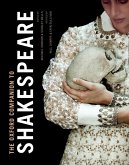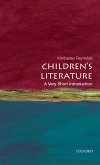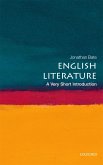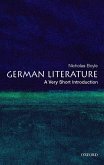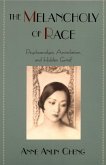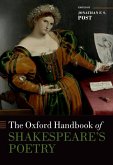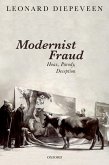An exciting and accessible study of the genre of fantasy. One of the dominant modes of storytelling in the twenty-first century, fantasy can mirror contemporary experiences and convey our anxieties and longings better than any representation of the merely real. It is the lie that speaks truth. This book addresses two central questions about fantastic storytelling: first, how can it be meaningful if it doesn't claim to represent things as they are, and second, what kind of change can it make in the world? How can a form of storytelling that alters physical laws and denies facts about the past be at the same time a source of insight into human nature and the workings of the world? What kind of social, political, cultural, intellectual work does fantasy perform in the world--the world of the reader, that is, not that of the characters? Focusing on various aspects of fantastic world-building and story creation in classic and contemporary fantasy, from the use of symbolic structures to the way new stories incorporate bits of significance from earlier texts, this book shows how fantasy allows writers such as Michael Cunningham, Hans Christian Anderson, Helene Wecker, C. S. Lewis, Ursula K. Le Guin, Nnedi Okorafor, Nalo Hopkinson, George MacDonald, Aliette deBodard, and Patricia Wrightson to test new modes of understanding and interaction and thus to rethink political institutions, social practices, and models of reality.
Dieser Download kann aus rechtlichen Gründen nur mit Rechnungsadresse in A, B, BG, CY, CZ, D, DK, EW, E, FIN, F, GR, HR, H, IRL, I, LT, L, LR, M, NL, PL, P, R, S, SLO, SK ausgeliefert werden.



